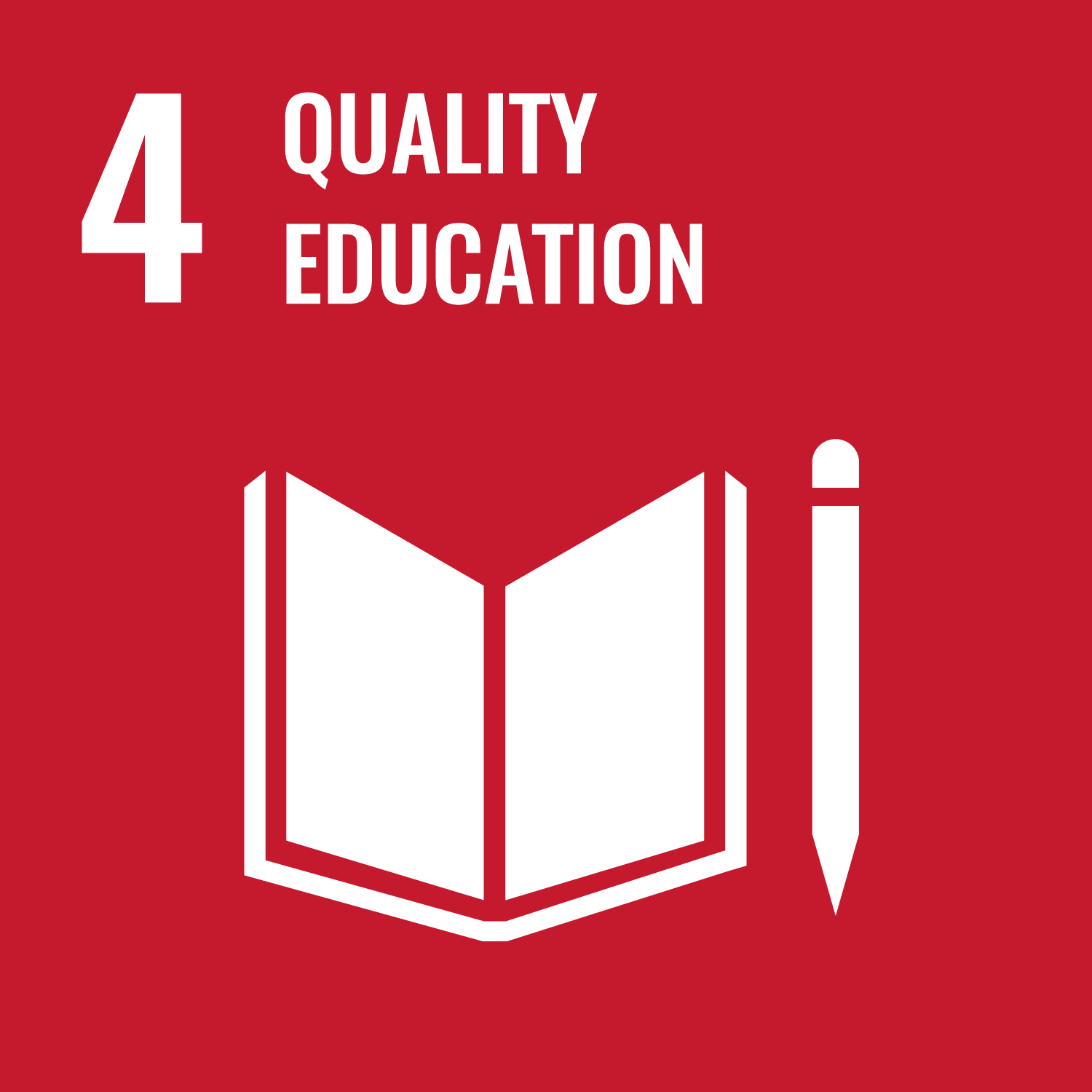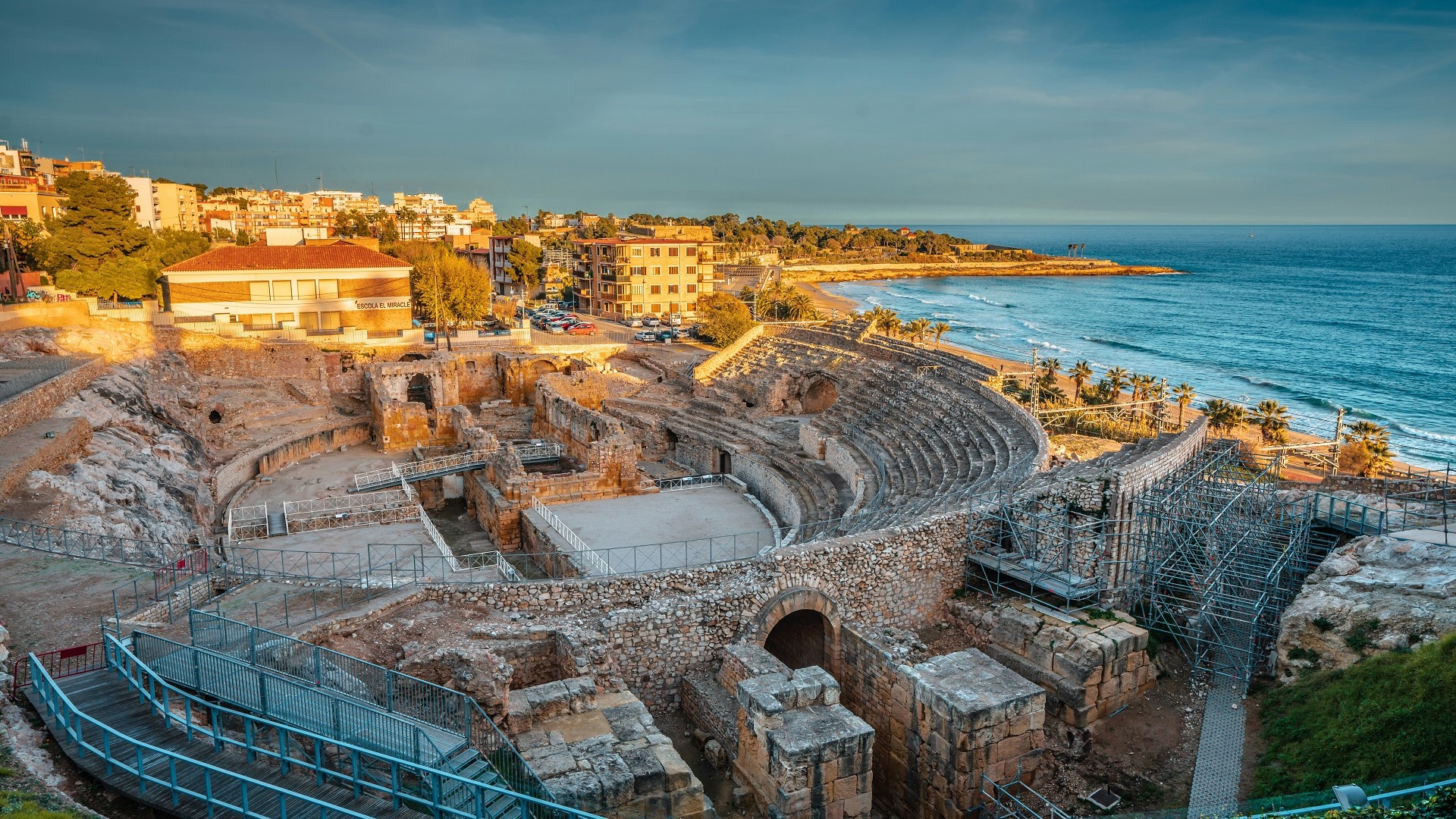How do emotions help construct our cultural identity in music festivals?
Positive emotions awakened by music festivals impact cultural identification processesUnlike more mainstream festivals, with their more financial focus, classical musical festivals seek to culturally enrich their audience

2022 was a record year for music festivals in Spain, hitting historic highs just two years after the entire country was locked down due to the pandemic. Spain boasts close to a thousand music festivals and a live music industry that earned 459 million euros in ticket revenue alone in 2022. This is almost 200% more than the previous year, according to figures from the Anuario de la Música en Vivo 2023 (2023 Live Music Yearbook) produced by the country's Music Promoters' Association.
Festival attendance keeps on growing. This is a phenomenon that sets the cultural and social agenda for thousands of people, and which also raises many questions. What mark might by left on society by this music festival culture? How are festivalgoers influenced by their experiences there?
Research published on an open-access basis has sought to understand how emotions stirred by music festivals trigger, shape, bolster and influence cultural identification processes. The work has been headed by Jordi Oliva Codina, holder of a doctoral degree from the UOC (Universitat Oberta de Catalunya) and course instructor at its Faculty of Arts and Humanities. Oliva analysed, from different standpoints and together with Alba Colombo, member of the same Faculty and of the Language, culture and identity in a global era (IdentiCat) research group, the impact that music festivals have on society. Colombo has coordinated the UOC's participation in the Festivals, Events and Inclusive Public Space (FESTPACE) project, which looks at the use of public spaces for different types of events in Europe.
“If someone goes to a festival and hears their favourite group or any other they like, they'll feel intense positive emotions and will identify with their way of playing, of making music, of dressing”
Events designed to create emotions
Oliva and Colombo's work stems from the following premise: festivals play with the emotions to attract their audience and provide a unique experience. Based on this theory, it has sought to understand how this affects attendees' sense of identity.
"If someone goes to a festival and hears their favourite group or any other they like, they'll feel intense positive emotions and will identify with their way of playing, of making music, of dressing, as well as the people around them. If this happens once, it may well not be important, but if it happens often or repeatedly in a lot of festivals, it gives rise to identification processes that can determine one's cultural identity," explained Oliva.
"Larger or more mainstream festivals, for example, sell themselves as a happy place, where you can find like-minded people, where you can feel like you were at Woodstock in 1968. These emotions lead to the creation of a very appealing process that makes you want to be a part of it," he added.
These emotions have an impact. Music festivals are designed to create a unique experience for their attendees and therefore have a significant impact on a number of cultural identification processes. This can find form in an influence on musical tastes, in bolstering a regional identity or in an increase in a sense of community. Oliva's conclusions note that this influence increases when the emotions felt during a festival are more intense.
The importance of classical music festivals
Oliva's research has confirmed that festivals are able to determine cultural identities based on the content they offer. Mass participation, mainstream events have financial motives and seek to make consumers identify with the brand. This brings together vast numbers of people, which has an impact that is both cultural and felt in the live music sector.
"The festival craze is on the rise but, at the same time, concert venues are dying out, people consume music based on playlists and many producers set their goals based on what festivals are asking for. In the world of mainstream music, it's all very calculated," explained Oliva.
"Classical music festivals are different; a range of intentions underlie them because they have the mission of culturally enriching their audience. They don't focus solely on financial gain, in great part due to the fact that they receive more funding," he explained.
The future of the study
This study concludes Oliva's research project, which brings together three perspectives: that of sociology, which aims to gain an understanding of social behaviour in music festivals; that of psychology, which comprises an analysis of the emotions of music; and, lastly, that of event studies, to ascertain organizers' intentions and provide an assessment of the impact of music festivals.
The UOC's research provides a tool that could be used to measure festivals' emotional impact. A resource that, according to the researcher, can be of great long-term use, making it particularly appealing to public administrations.
"Festival companies have a short-term view, with goals more focused on the upcoming event's financial return. Interest should, in any case, come from public administrations, to be able to understand what we are leaving for society with this boom in festivals," concluded the UOC researcher.
More intense emotions mean a bigger impact
To reach these conclusions, the researcher focused on the San Sebastián Quincena Musical classical music festival. After every concert, he carried out surveys gauging which emotions had been awakened by the music, how intense they were and how this affected the cultural identity of the festivalgoers.
"My main conclusion is that positive emotions and cultural identity have a positive correlation. The more intense the emotion stemming from the music, the greater the growth in a sense of cultural identity," explained the UOC researcher.
The second part of the methodological process consisted of interviewing both festivalgoers and organizers to gain an understanding of what they felt during the concerts and how this affected them in terms of culture and identity.
"In the case of Quincena Musical, after the concerts, many members of the public go for a drink with the artists or others they have met at the festival. This is a way of creating bonds and a sense of community, which, in this case, has occurred time and time again over the course of 80 years. What's more, enjoying the festival affects its public's relationship with culture. For example, it increases their understanding of and love for music. These are highly significant, positive impacts," added Oliva.
This research helps foster achievement of UN Sustainable Development Goal 4, Quality Education.
Related article
Oliva, J. [Jordi]. Colombo, A. [Alba]. (2023). Perceived Intense Emotions and Their Influence on Cultural Identification Processes: A Mixed-Method Study of a Classical Music Festival. Empirical Studies of the Arts. DOI https://doi.org/10.1177/02762374231176192
UOC R&I
The UOC's research and innovation (R&I) is helping overcome pressing challenges faced by global societies in the 21st century by studying interactions between technology and human & social sciences with a specific focus on the network society, e-learning and e-health.
Over 500 researchers and more than 50 research groups work in the UOC's seven faculties, its eLearning Research programme and its two research centres: the Internet Interdisciplinary Institute (IN3) and the eHealth Center (eHC).
The university also develops online learning innovations at its eLearning Innovation Center (eLinC), as well as UOC community entrepreneurship and knowledge transfer via the Hubbik platform.
Open knowledge and the goals of the United Nations 2030 Agenda for Sustainable Development serve as strategic pillars for the UOC's teaching, research and innovation. More information: research.uoc.edu.
Experts UOC
Press contact
-
Rubén Permuy


